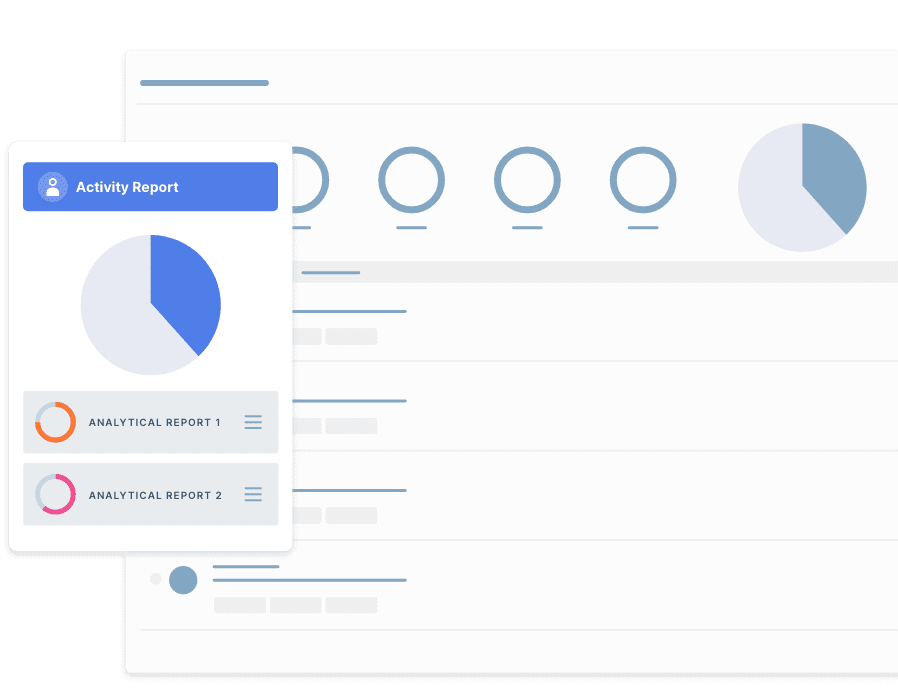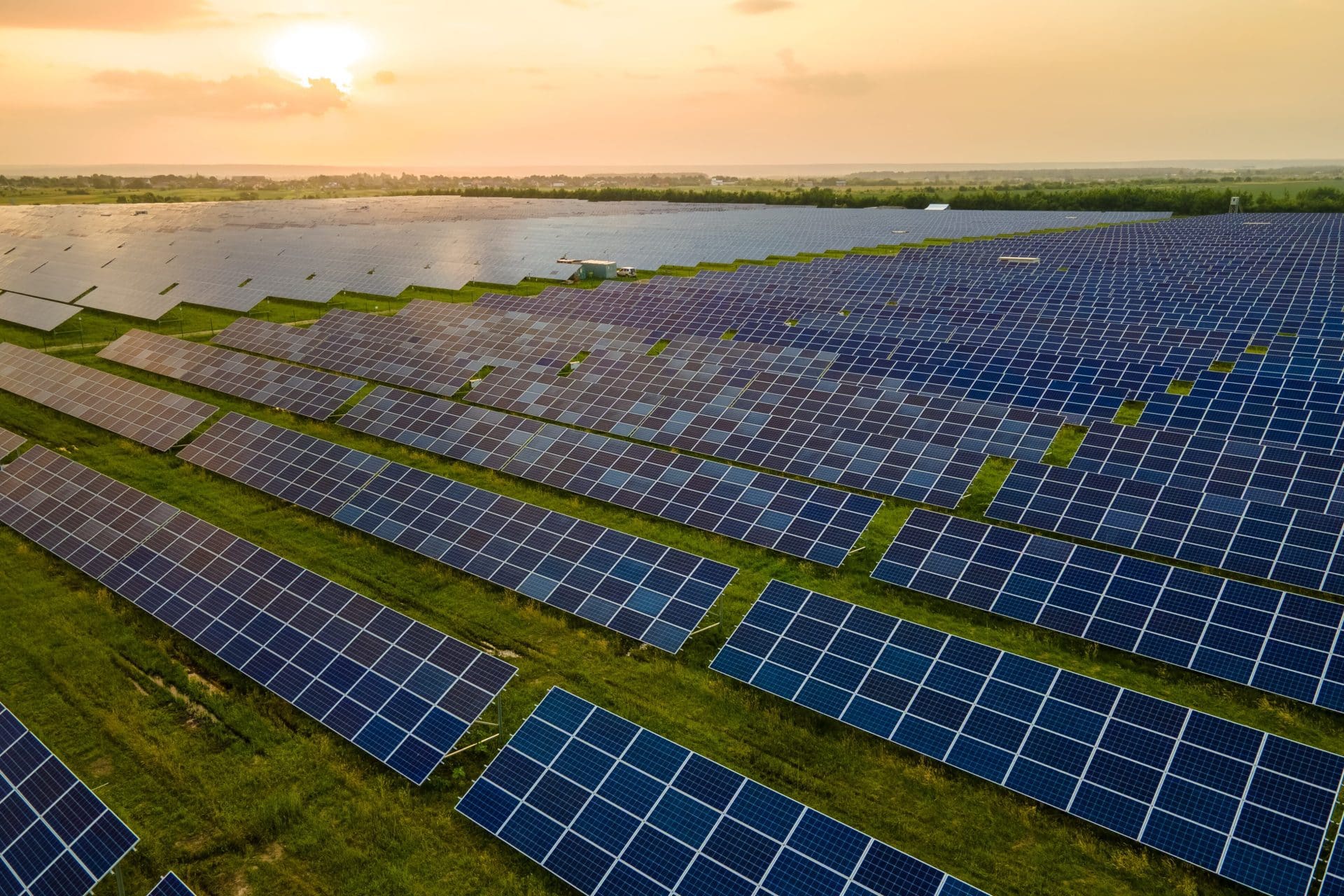
Regulatory content
Supply Chain Due Diligence
Our Global Supply Chain Due Diligence coverage includes mandatory laws, regulations and standards, proposed, enacted & amended, as well as voluntary frameworks, guidance documents, factsheets and more concerning the obligations of undertakings to carry out supply chain due diligence.
ESG: SUPPLY CHAIN DUE DILIGENCE
28
Languages Supported
40
ESG Experts
ESG: Supply Chain Due Diligence
Content Overview
Due diligence is the process by which undertakings identify, prevent, mitigate and account for actual and potential adverse impacts on human rights, including forced labor, and the environment in the company’s own operations, its subsidiaries and in its value chains.
Due diligence requirements typically require undertakings to:
- Integrate due diligence practices in their corporate policies,
- Identify actual and potential adverse impacts on human rights and the environment,
- Prevent and mitigate potential adverse impacts, bringing actual adverse impacts to an end and minimizing their extent,
- Establish and maintain a complaints procedure,
- Monitor the effectiveness of their due diligence policy and measures, and
- Report and publicly communicate on due diligence..
ESG: Supply Chain Due Diligence
Coverage Included
Our regulatory content in C2P is historically comprehensive with a robust QA process to ensure quality, consistency and accuracy. Below is a high level summary of our coverage for this content area:
- EU: Corporate Sustainability Due Diligence (CSDDD), Directive (EU) 2024/1760
- EU: Sustainability Reporting Standards (ESRS), Regulation 2023/2772
- EU: Corporate Sustainability Due Diligence (CSDDD), Directive (EU) 2024/1760 and Other – Amendment – (on postponement of deadlines for corporate sustainability reporting and due diligence requirements) Directive (EU) 2025/794 (EU Stop the Clock)
- EU: Corporate Sustainability Due Diligence (CSDDD), Directive (EU) 2024/1760 and Others – Proposed Amendment – (on reducing companies in scope and deleting sector specific ESRS requirement) Draft Directive, February 2025 (EU Omnibus Proposal)
- EU: Omnibus Package, Q&A Document, February 2025
- EU: Batteries and Waste Batteries, Regulation (EU) 2023/1542
- EU: Batteries and Waste Batteries, Regulation (EU) 2023/1542 – Amendment – (on postponing the application date of battery due diligence obligations by 2 years) Regulation (EU) 2025/1561
- EU: Making Available on the Union Market and Export from the Union of Certain Commodities and Products Associated with Deforestation and Forest Degradation, Regulation (EU) 2023/1115
- France: Duty and Vigilance of Parent and Subcontracting Companies, Law No. 2017-399
- Germany: Corporate Due Diligence In Supply Chains Act, BGBl. 2959, 2021
- Germany: Corporate Due Diligence In Supply Chains Act, BGBl. 2959, 2021 – Proposed Amendment – (on reporting and penalties) Draft Law, August 2025
- GRI: Corporate Sustainability Due Diligence Policies and Sustainability Reporting, Report, March 2023
- Netherlands: International Corporate Responsibility, Draft Act, November 2024
- Norway: Business Transparency and Work on Fundamental Human Rights and Decent Working Conditions, Act No. 99, 2021
- Sweden: Due Diligence in the Supply Chain, Regulation SFS 2020:1187
- Switzerland: Due Diligence Obligations and Transparency Regarding Minerals and Metals from Conflict Areas and Child Labour, Ordinance, December 2021
- UK: Modern Slavery Act, 2015
- UK: Slavery and Human Trafficking in Supply Chains, Guidance Document, March 2025
- Australia: Strengthening the Modern Slavery Act, Consultation Paper, July 2025
- Canada: Fighting Against Forced Labour and Child Labour in Supply Chains Act, c. 9, 2023
- USA: Prevention of Forced Labor in Xinjiang Uyghur (UFLPA), House Bill 6256 Enacted, 2021
- USA: Prohibition on Participation in Foreign Sustainability Due Diligence Requirements, Senate Bill 985, 2025
- Colombia: Human Rights Framework for Companies, Draft Law, July 2025
- Brazil: National Framework for Human Rights and Business, Bill PL 572/2022
We cover key ESG standards related to the content areas in your subscription as a part of our ESG Solution.
Connection with other Content Areas:
Human Trafficking and Slavery (HT&S)
Whilst HT&S legislation may require companies to undertake due diligence on their suppliers, agents and contractors in order to eradicate HT&S from their supply chains, the HT&S content area also covers additional requirements including (i) reporting on efforts to eradicate slavery from the supply chain; (ii) certifying that materials incorporated into products comply with human trafficking laws (iii) provision of training on mitigating human trafficking for employees and management responsible for supply chains; and (iv) drafting modern slavery statements and registering them with a Modern Slavery Statements Register.
The Supply Chain Due Diligence content area, on the other hand, is focused solely on due diligence requirements.
Regulations that require companies to undertake due diligence on their suppliers, agents, and contractors in order to eradicate HT&S from their supply chain may fall under both HT&S and Supply Chain Due Diligence. However, regulations that require companies to report on their efforts to eradicate slavery from the supply chain, or certify that materials incorporated into products comply with human trafficking laws or train employees on human trafficking regulations – and that do not contain any due diligence obligations – fall under HT&S only.
Labor & Employment
Supply Chain Due Diligence may also overlap with our Labor & Employment content area which may also include due diligence obligations for companies with regards to the protection of work-related rights for their workers. These include working conditions such as maximum working hours, breaks, secure employment, work-life balance, adequate wages, freedom of association as well as equal treatment and opportunities irrespective of gender, religious or racial considerations. These work-related rights may also include child labor and forced labor within the workplace.
In this respect, regulations that require companies to undertake due diligence on their workforce or workers in their supply chain may fall under both Labor & Employment and Supply Chain Due Diligence. However, Labor and Employment regulations that do not contain any due diligence obligations fall under Labor and Employment only.
ESG Reporting
ESG Reporting requires undertakings to report on their overall environmental, social and governance risks, impacts, policies and measures which may include an obligation to disclose information on their due diligence policies and practices.
Supply Chain Due Diligence, on the other hand, requires undertakings to conduct due diligence and does not necessarily contain an obligation to report on it.
Sources requiring companies to report on their due diligence processes alongside with other environmental, social and governance matters may fall under both ESG reporting and Supply Chain Due Diligence.
Conflict Minerals
Our Conflict Minerals content area applies to regulations that cover the ‘3TG’ minerals only i.e., tin, tungsten, tantalum and gold. Specifically, it covers regulations that require companies in the supply chain to ensure they import tin, tungsten, tantalum and gold from responsible and conflict-free sources only and to put in place more specific mechanisms for conducting due diligence, e.g. independent third-party audit of supply chain due diligence. The scope of due diligence requirements under the Conflict Minerals content area is therefore limited to conflict minerals such as gold, tungsten, tantalum or tin.
Supply Chain Due Diligence, on the other hand, applies to value chains of additional minerals that are not covered in our Conflict Minerals content area but that produce human rights, climate and environmental adverse impacts.
In this respect, regulations that require companies to undertake due diligence on the 3TG minerals may fall under both Conflict Minerals and Supply Chain Due Diligence. However, Supply Chain Due Diligence regulations that apply to other minerals fall under Supply Chain Due Diligence only.
Illegal Logging
The Illegal logging content area covers laws and regulations that focus on certain commodities and product supply chains that require companies to undertake due diligence to ensure the products they supply are not made from illegally harvested timber. These regulations are specifically designed to reduce the impact of consumption and production on deforestation and forest degradation and typically do not require companies to remedy any harm that they may cause.
By contrast, Supply Chain Due Diligence is broader and is not focused on products or processes made or supplied from illegally harvested timber. Instead, it requires companies to undertake due diligence regarding the human rights, environmental and governance impacts that all of their processes or products may have and to remedy any harm that they may cause. It focuses on value chain due diligence related to activities that are not covered by regulations on deforestation-free or illegal logging products but might be directly or indirectly leading to deforestation.
Sources that contain due diligence requirements relating to the consumption and production of illegally harvested timber and/or wood may fall under both Illegal Logging and Supply Chain Due Diligence. Sources that contain due diligence requirements relating to activities that are not covered by regulations on deforestation-free or illegal logging products fall under Supply Chain Due Diligence only.

Learn more about our Regulatory Coverage
Speak to one of our team today for more information on our regulatory content.





